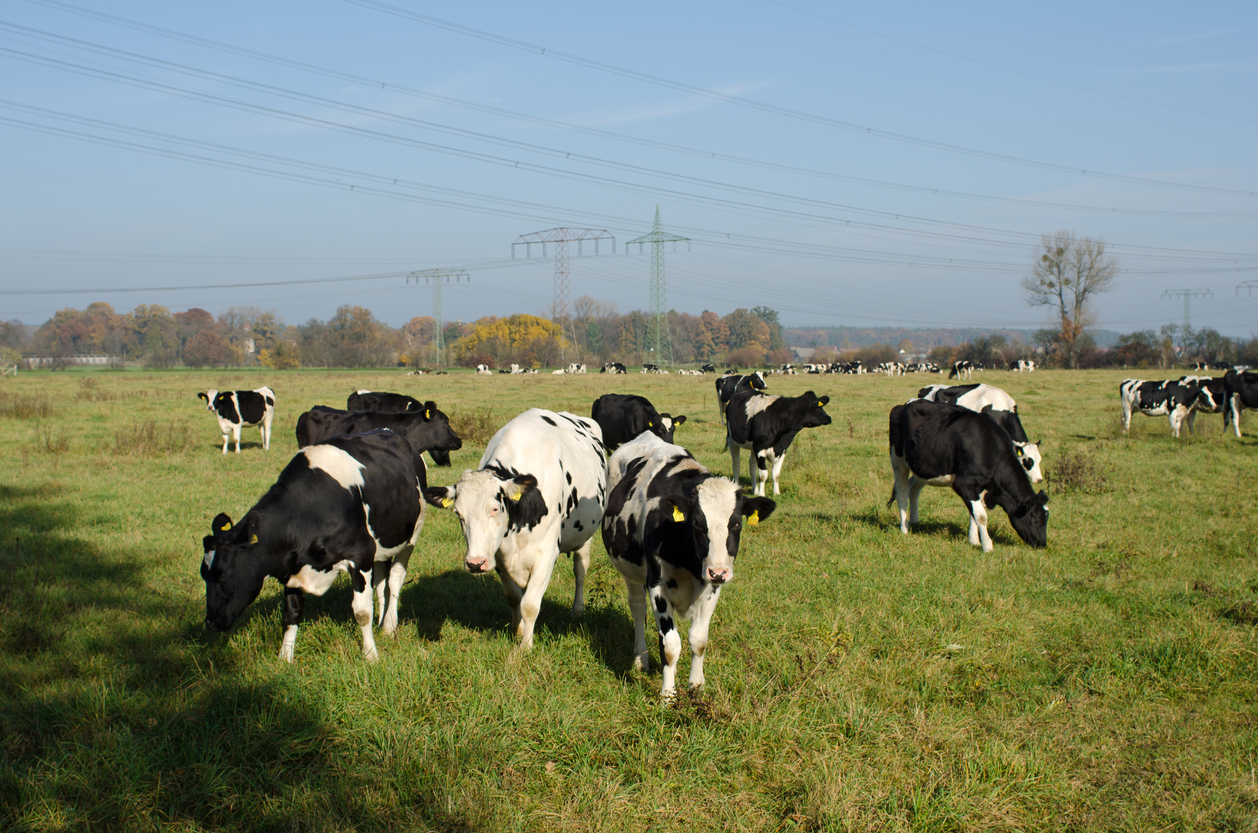
Genome Editing Offers Solutions to GHG Emission Problems
October 28, 2020| |
Gene-editing tools are now unlocking new strategies to improve natural and agricultural carbon sinks, limit emissions from agriculture and other major sectors contributing to greenhouse gas (GHG) emissions, and revolutionize biofuels. These are discussed by David Hart, Robert Rozansky, and Val Giddings in their article published in the Genetic Literacy Project.
One of the solutions presented is the Trillion Trees initiative, which recognized the plant's unique ability to use photosynthesis to collect carbon, though the process is not very efficient. Thus, experts are using gene-editing tools to improve it. When these new techniques turn out successful, it is projected to lead to 50% productivity gains in major crops, while slashing emissions significantly and boosting farmers' incomes.
Most of the agricultural GHG emissions are accounted to decomposition and transport of wasted food. Gene-edited soybean oil with longer shelf life and potatoes that resist bruising are now commercially available, contributing to waste reduction. Gene editing has the potential to enable low-carbon transport by optimizing microbes that can efficiently process cellulose.
About 6% of global agricultural GHG emissions are contributed by cattle, particularly due to the methane in their burps. Some cattle have been found to emit lower amounts of methane due to specific microbial populations found in their digestive tracts. With gene editing, this trait can transferred to herds and contribute to reducing emissions.
Read the original article in the Genetic Literacy Project.
| |
You might also like:
- Pocket K No. 43: Biotechnology and Climate Change
- Pocket K No. 54: Plant Breeding Innovation: CRISPR-Cas9
- Speed Breeding and Genome Editing to Feed 10 Billion
Biotech Updates is a weekly newsletter of ISAAA, a not-for-profit organization. It is distributed for free to over 22,000 subscribers worldwide to inform them about the key developments in biosciences, especially in biotechnology. Your support will help us in our mission to feed the world with knowledge. You can help by donating as little as $10.
-
See more articles:
-
News from Around the World
- International Regulators, Tech Developers Share Experiences on Animal Biotech
- Ghana's Scientists to Seek Commercial Approval for GE Cowpea
- Thai Farmer Highlights Role of Biotech in Changing the Course of Agriculture
- UAE Passes Mandatory Biotech Labeling Law
- Scientists Find Gene for Slim Inflorescence Shape of Barley
- Research Team Finds Hormones Control Root Length
- Higher Income Nations See Harm in GM Food; Lower Income Countries Think they Help People
-
Research Highlights
- Scientists Uncover Molecular Mechanisms in Drought Sensitivity of Rice
-
Plant
- Comprehensive Advancement in Plant Virus Resistance Due to Genetic Engineering
- Genome Editing Offers Solutions to GHG Emission Problems
-
Health
- Initial Tests Show Arthritis Drug Does Not Treat COVID-19
- SARS-CoV-2 Uses Neuropilin-1 to Infect Human Cells
-
Read the latest: - Biotech Updates (February 18, 2026)
- Gene Editing Supplement (January 28, 2026)
- Gene Drive Supplement (February 22, 2023)
-
Subscribe to BU: - Share
- Tweet

